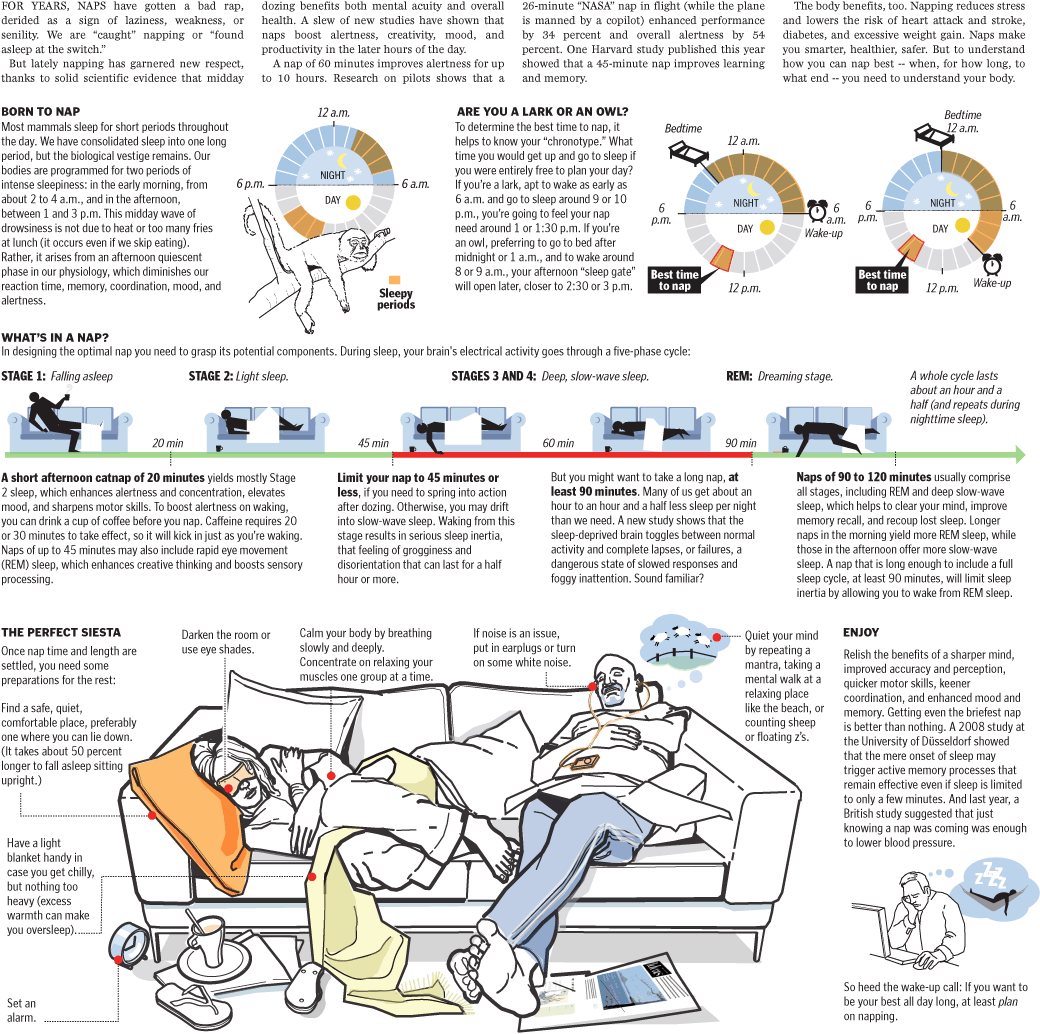Why do grandmom’s cookies taste better than anyone else’s?
tentions change how we experience things. Kindness does soothe pain and increase pleasure. Via Eurekalert: A nurse's tender loving care really does ease the pain of a medical procedure, and grandma's cookies really do taste better, if we perceive them to be made with love - suggests newly published research by a University of Maryland psychologist. The findings have many real-world applications, including in medicine, relationships, parenting and business. "The way we read another persons intentions changes our physical experience…
1 min read
Which people are happiest?
ppiness doesn't change much with age: ...interviews with representative samples of people of all ages reveal that no time of life is notably happier or unhappier than others.... Source: "Who is happy?" from Psychological Science Men and women are about equal overall. Women show more highs and lows but the average comes out nearly the same: In the 1980's collaborative survey of 16 nations, 80% of men and 80% of women said that they were at least "fairly satisfied" with…
2 minutes
8 ways that money can buy happiness:
other paper from Harvard happiness expert Daniel Gilbert (author of the bestseller Stumbling on Happiness) spells out 8 ways we can spend our money to increase happiness: 1) "Buy more experiences and fewer material goods." This means more amusement parks and vacations. Fewer cars and new TV's: Asked which of the two purchases made them happier, fully 57% of respondents reported that they had derived greater happiness from their experiential purchase, while only 34% reported greater happiness from their material purchase.…
6 minutes
Why does TV make us unhappy?
the past, I've posted research showing that watching television makes us unhappy. A lot of TV lovers are probably confused as hell. Research consistently shows that what brings us the most happiness is family and friends. Television competes with them for our free time and acts as a (poor) substitute: This paper discusses the role of relational goods and television viewing for individual happiness. Using individual data from the World Values Survey, we find evidence of a positive effect…
3 minutes
What’s the best thing to have after a heart attack?
happy marriage. Married people were 2.5 times more likely to be alive 15 years after a coronary bypass. Happily married people were 3.2 times as likely to still be around: Objective: To examine the effects of marital status and marital satisfaction on survival after coronary artery bypass grafting (CABG). Methods: Participants were 225 people who had CABG between 1987 and 1990. Marital status at the time of surgery and marital satisfaction 1 year after surgery were used to predict…
2 minutes
5 ways to make your naps blissful and awesome:
a Boston Globe: If you're a morning person, the best time to nap is around 1 or 1:30PM. If you're a night owl, nap later, around 2:30 or 3PM. The best naps are under 45 mins or 90-120 mins. Anything in between is likely to give you that groggy feeling. Naps don't mean you're lazy: A NASA study showed that in-flight naps improved subsequent performance by 34% and overall alertness by 54%. To make sure you're productive after your nap…
1 min read
What personality trait should you seek in a spouse?
nscientiousness was the trait most associated with long, happy marriages: In this study of 125 heterosexual long-wed couples, we examined both spouses' personality traits and relative differences in partner perceptions of personality as predictors of marital satisfaction, simultaneously for both husbands and wives. As hypothesized, each of the Big Five personality traits emerged as significantly associated with marital satisfaction though significant between-trait and between-sex differences were observed. Most notably, trait levels predicted marital satisfaction less consistently than positive reporting discrepancies…
1 min read
Do we work too hard to avoid regret?
anticipate regret will be much more painful than it actually is. Studies show we consistently overestimate how regret affects us: Decisions are powerfully affected by anticipated regret, and people anticipate feeling more regret when they lose by a narrow margin than when they lose by a wide margin. But research suggests that people are remarkably good at avoiding self-blame, and hence they may be better at avoiding regret than they realize. Four studies measured people’s anticipations and experiences of…
2 minutes








